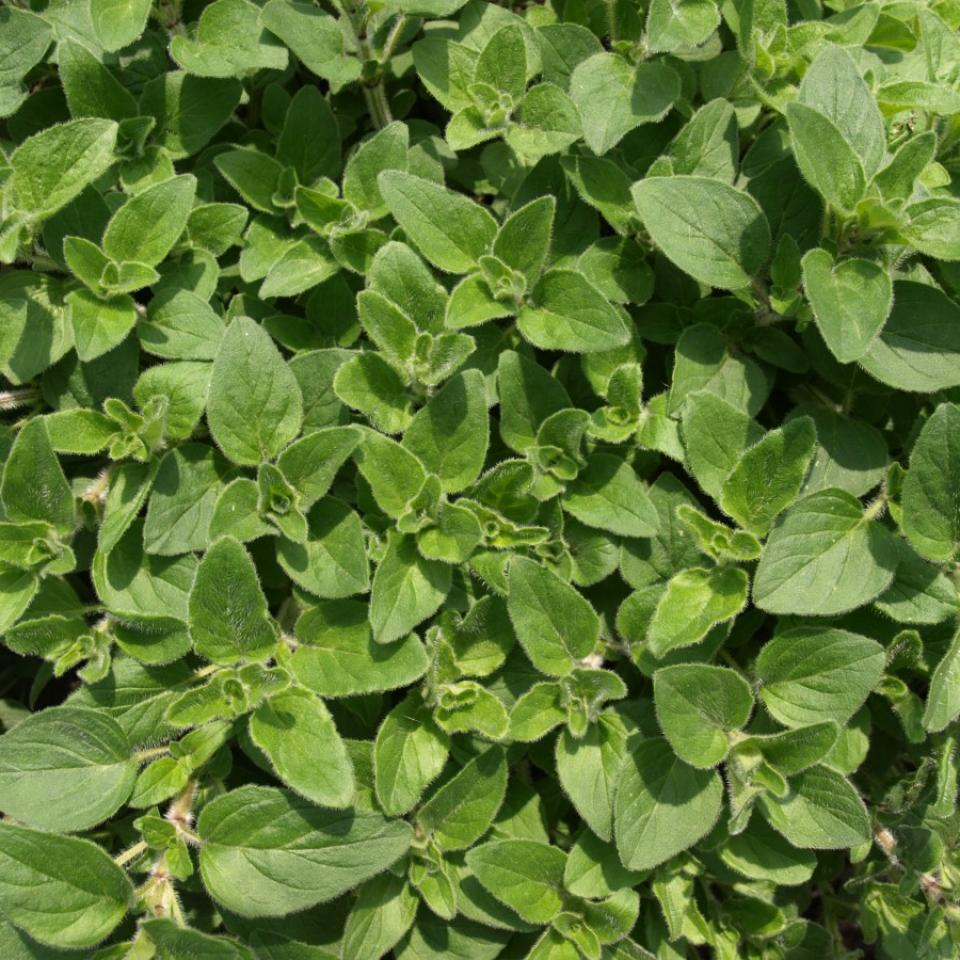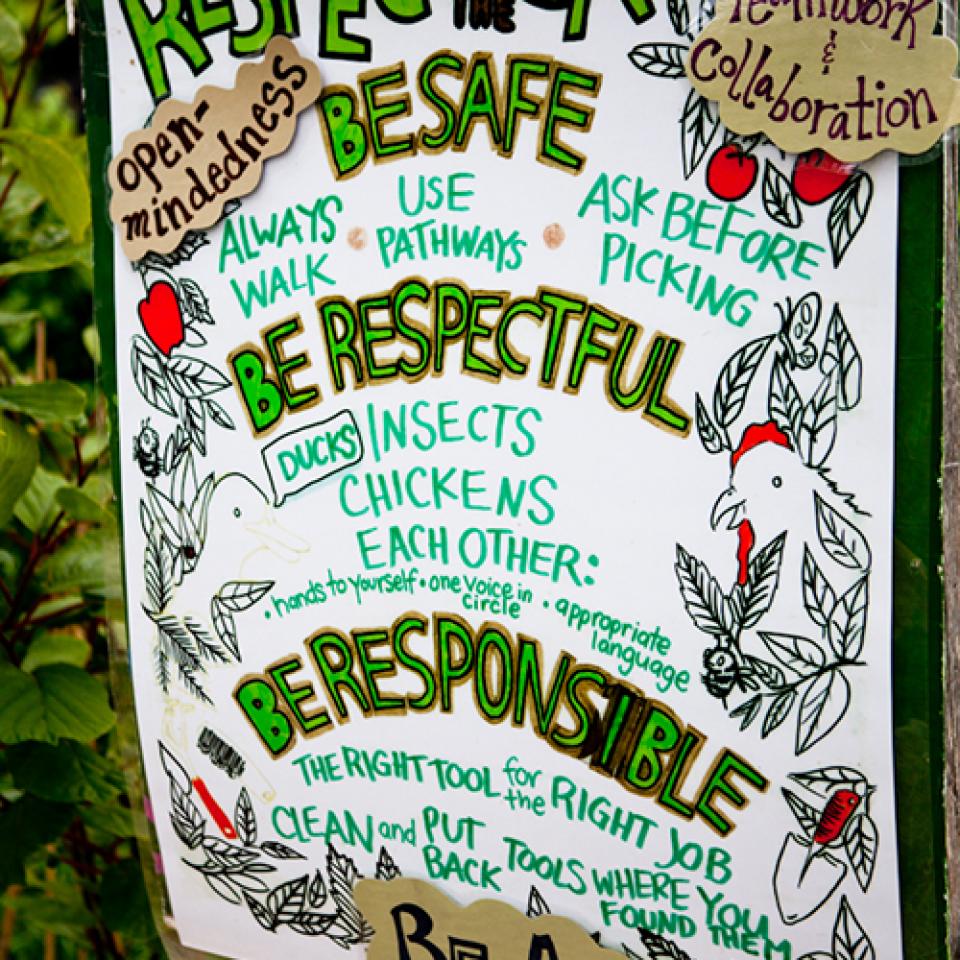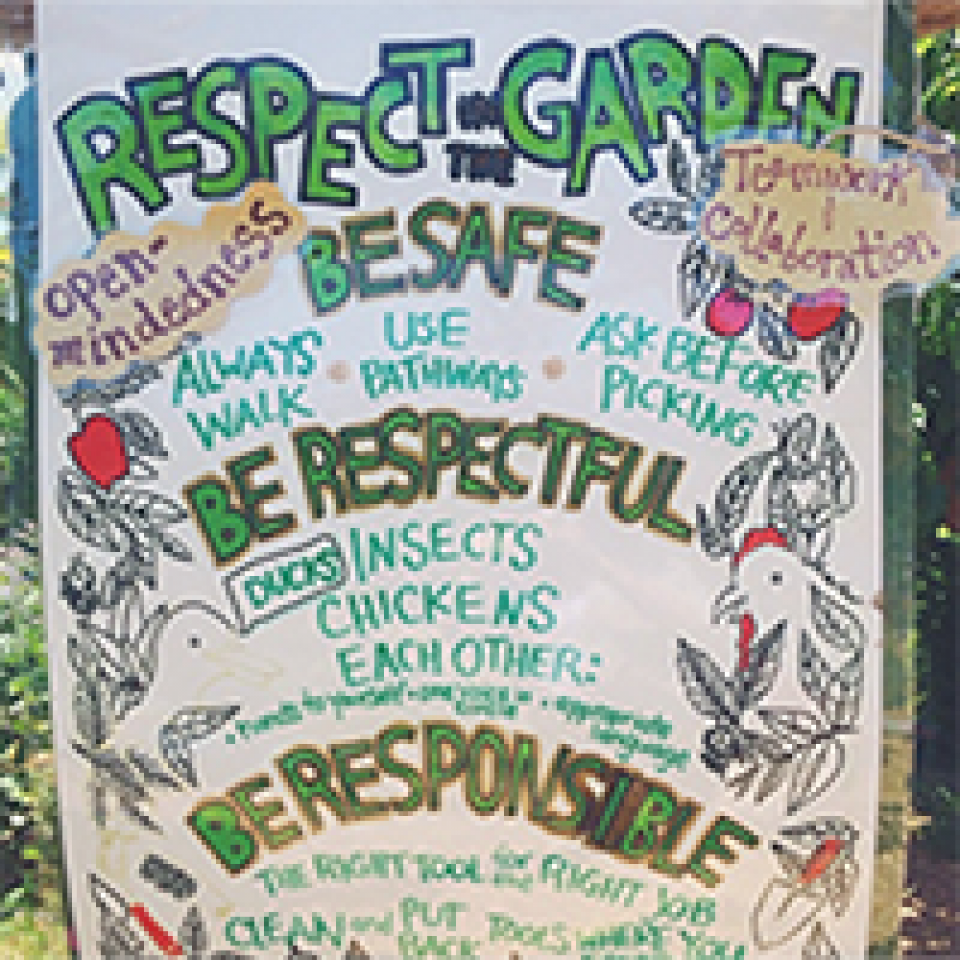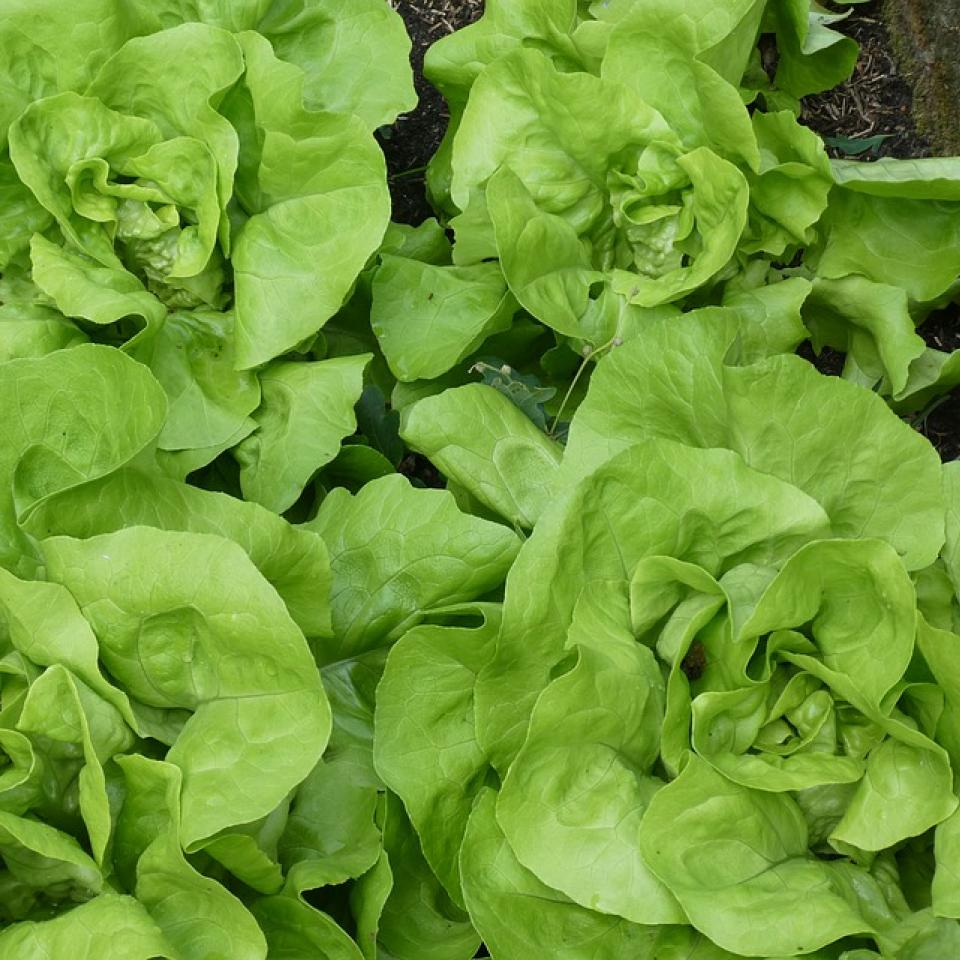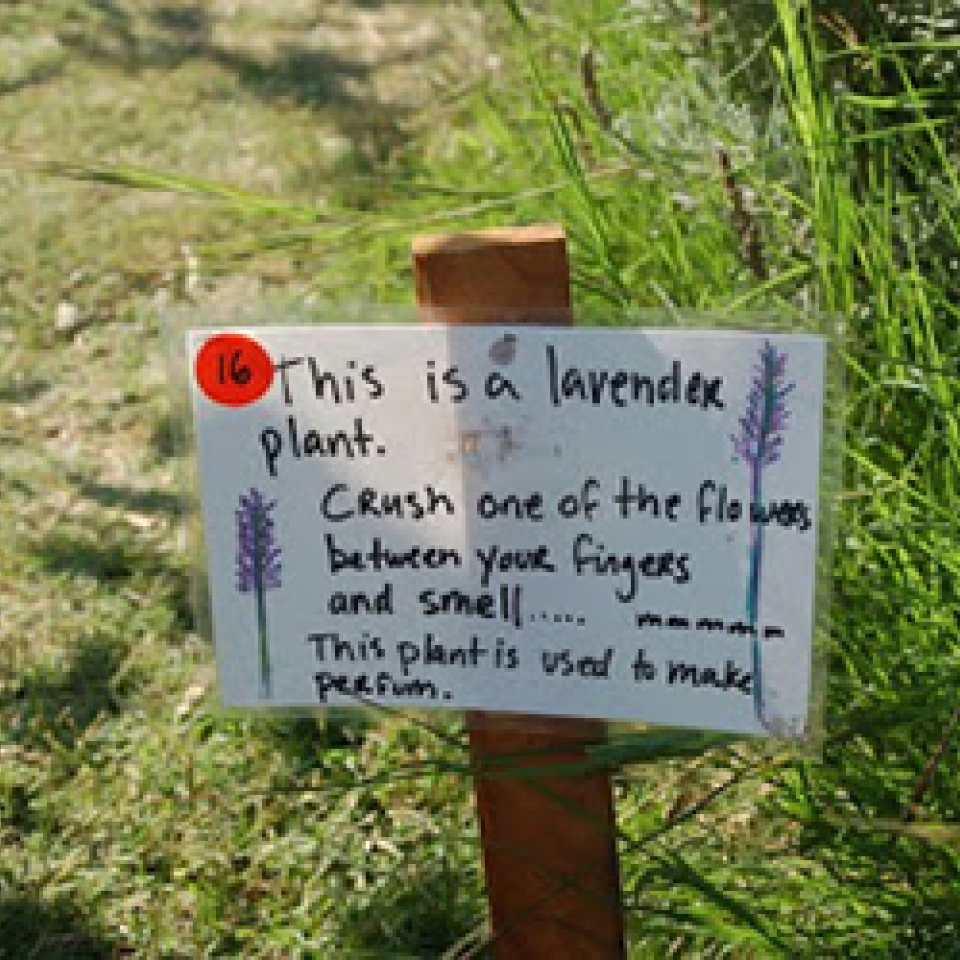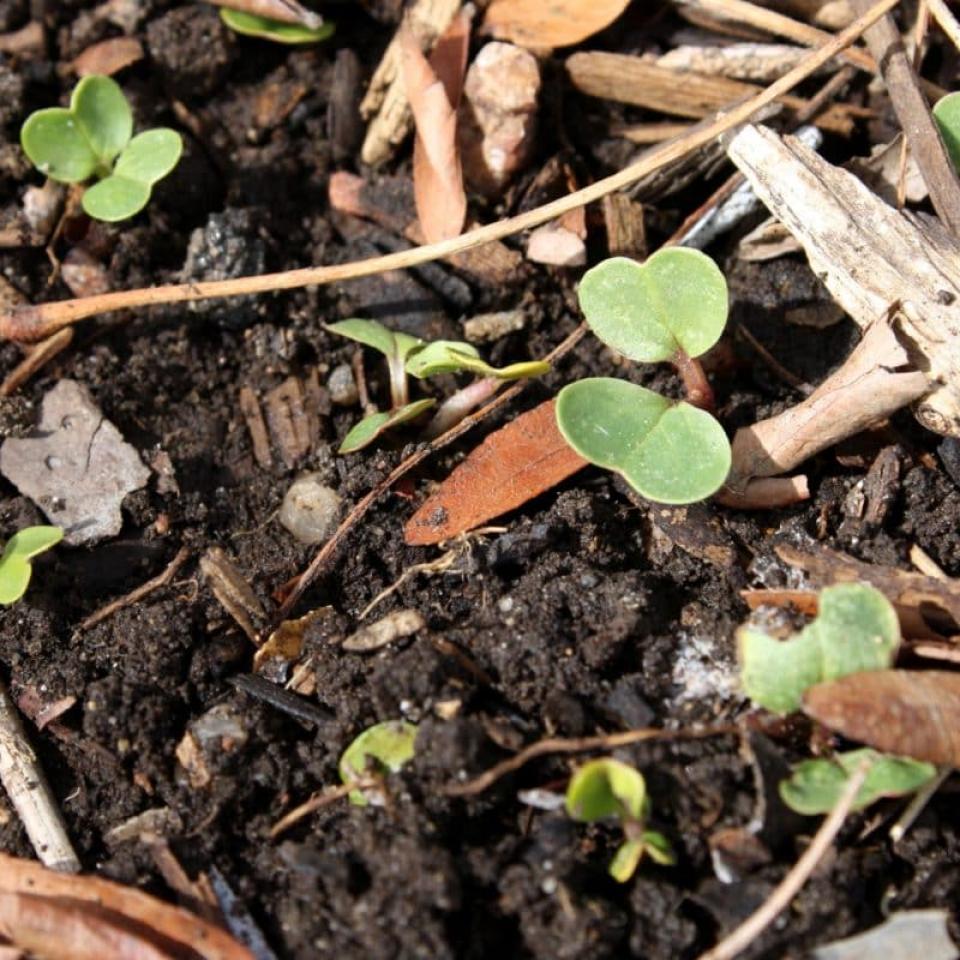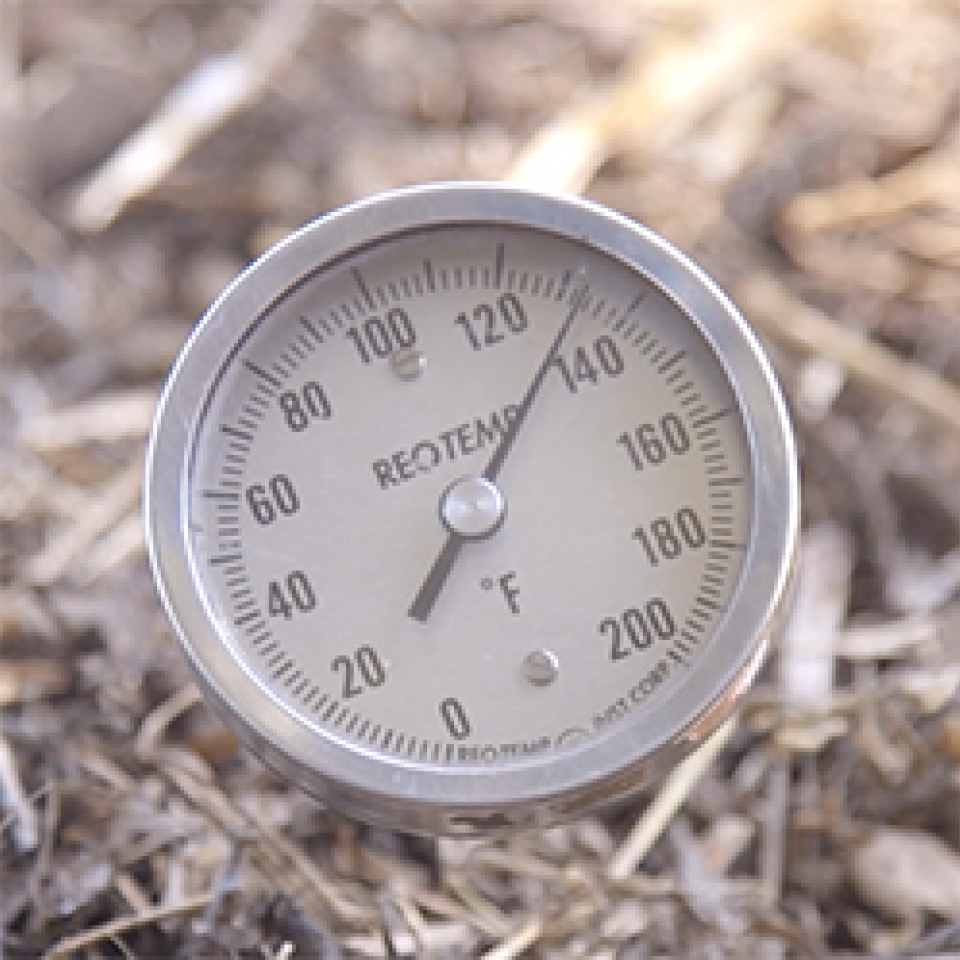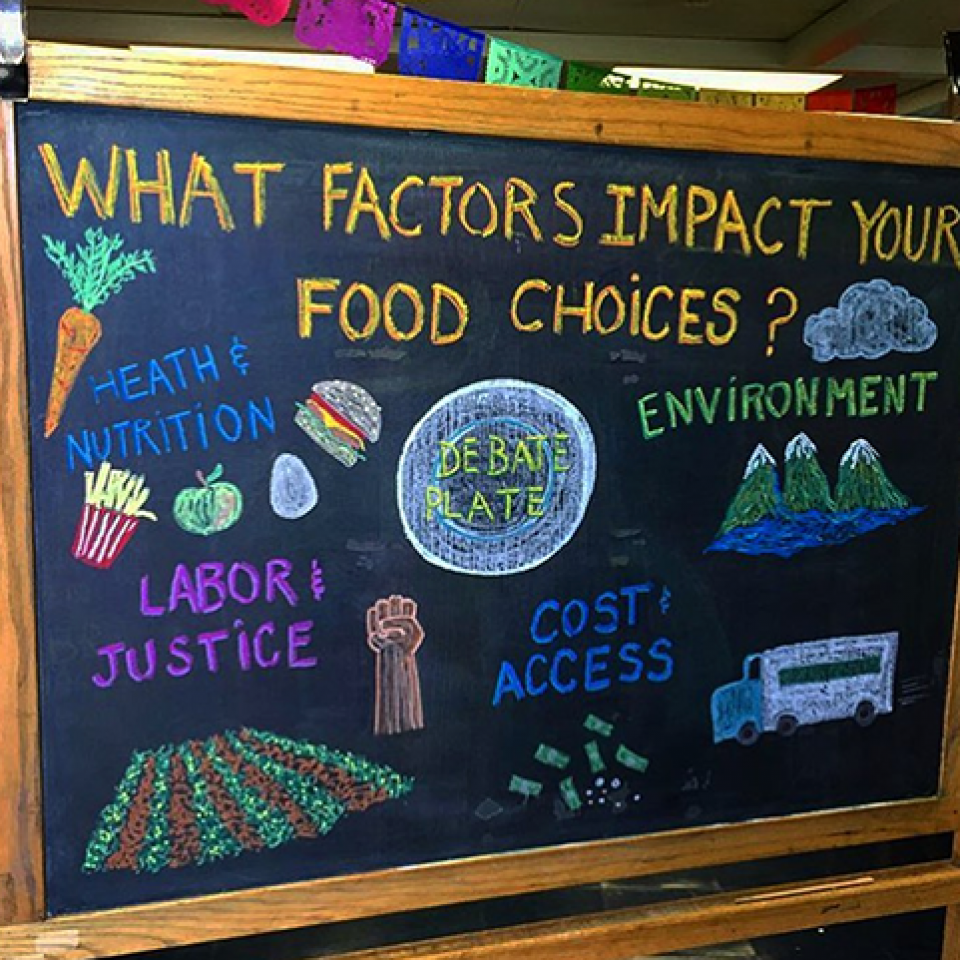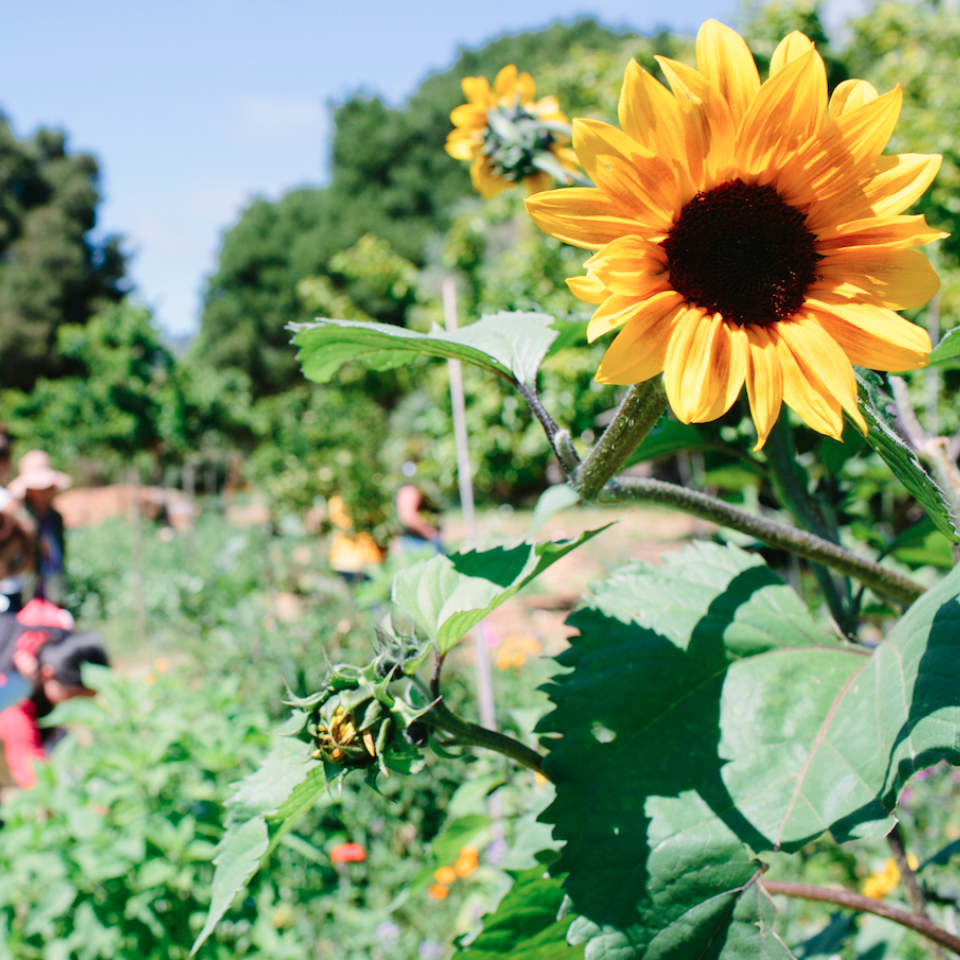
Search
6114 Results
This lesson reviews how scientists organize the natural environment according to specific plant features and Plant Families.
This document is a teacher resource that accompanies the What is Organic? lesson plan. Our lesson titled What is Organic? focuses heavily on creating a space for open discussions.
Your reflection wheel has eight different questions that expand on the question: Are you happy with what you made and how you cooked? Why or why not? Every time you cook, spin your wheel, and reflect on the question you land on. There are a variety of ways to respond to that question.
In this seventh grade garden class, students review how the 4BEs can be applied in the garden (Be Safe, Be Respectful, Be Responsible and Be an Ally) and break into groups to work in the garden on different tasks.
In this eighth-grade garden class, students review how the 4B’s (Be Safe, Be Respectful, Be Responsible, and Be an Ally) can be applied in the garden and break into groups to work in the garden on different tasks.
This lesson builds on past content students learned about plant parts and functions. The activities review each part and then invite students to taste a new vegetable or fruit growing in the garden.
Students will practice cooking greens and learn about the food geography of the Caribbean.
In this 6th grade introductory lesson, students first encounter the garden as a classroom.
Students will learn to make scrambled eggs and vegetable dumplings in the Chinese tradition and discuss the foods of spring, especially protein-rich foods from animals and plants.
In this lesson, students learn about the organisms that decompose organic matter.
In this sixth grade science class, students will begin to understand the process of decomposition and learn about the organisms responsible for breaking down matter. Students will also begin to make the connection with finished compost as food for plants in the garden.
In this eighth-grade humanities lesson, students make Vegetarian Chili and Cornbread and discuss how cost and access impact food choices.
In this seventh grade science lesson, students identify desirable traits in plants and take cuttings from parent plants to facilitate asexual propagation and produce offspring with identical DNA.
In this six-part 8th grade humanities lesson series, students discuss and reflect on
the factors and considerations that influence personal food choices; consider the
impacts of food choices on personal well-being, the environment, and other people;
and debate the questions, complications, and pa
